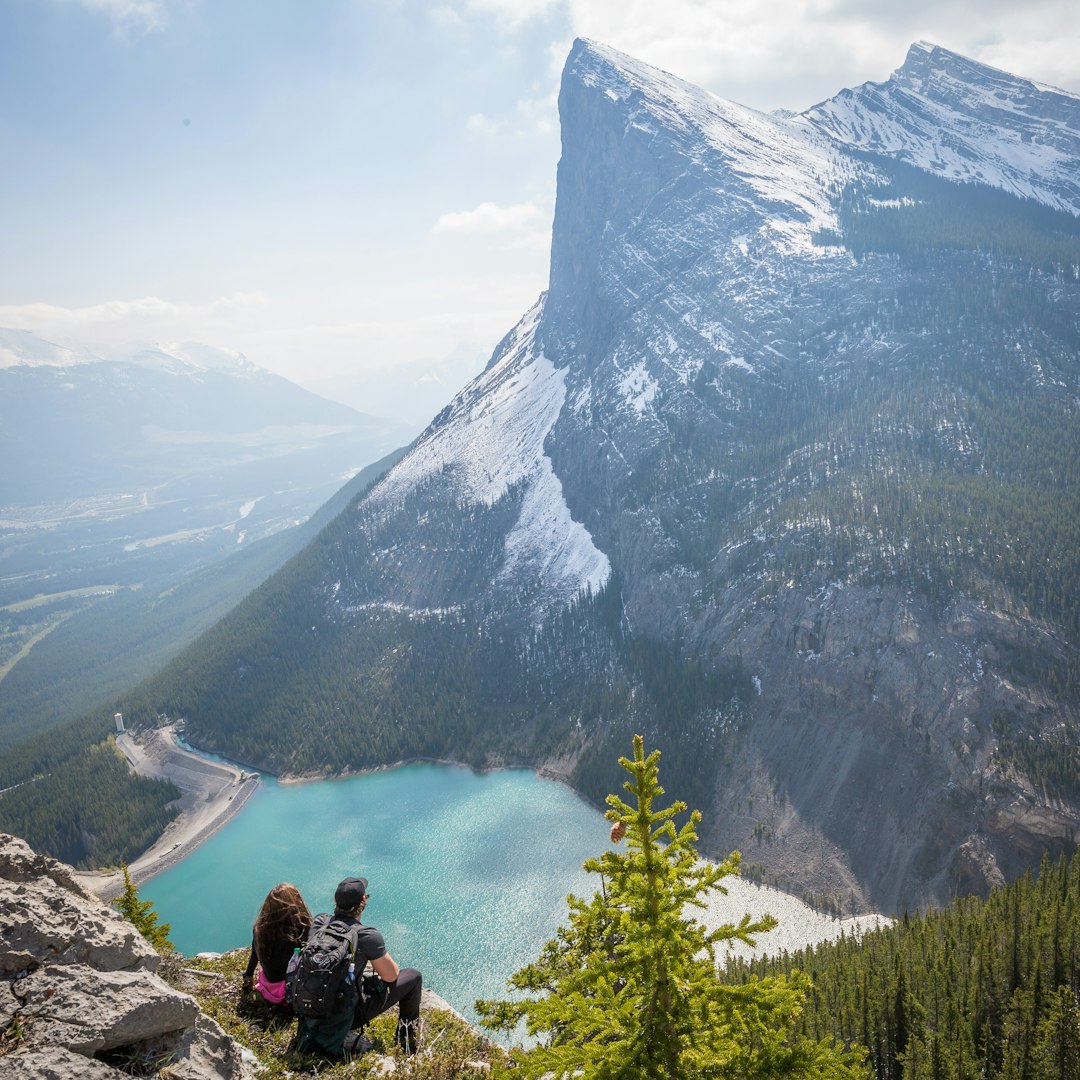
Smart Strategies: How to Save Money on Travel Expenses.
# Introduction. Traveling can be one of life’s greatest pleasures, but it also often comes with a hefty price tag. From airfare to accommodations and food, costs can add up quickly, potentially overshadowing the thrills of exploring new destinations. Fortunately, with a bit of planning and some savvy strategies, you can significantly reduce your travel expenses without sacrificing the quality of your experience. In this guide, we will delve into effective tips and tricks to save money on travel expenses, ensuring you can make the most of your adventures while keeping your budget intact. ## 1. Be Flexible with Your Travel Dates. Flexibility is one of your most powerful tools when it comes to saving money on travel expenses. Airfare can fluctuate dramatically based on the time of year, day of the week, and even time of day. Consider using flight comparison tools that allow you to view fares for an entire month to determine the best days to fly. Additionally, if you can, travel during the off-peak seasons. Not only will flights and accommodations be cheaper, but popular tourist spots will also be less crowded, enhancing your overall experience. Generally, flying mid-week rather than on weekends can yield savings, as demand is lower. ## 2. Optimize Your Accommodation Choices. When it comes to where to stay, there are plenty of options that can help keep your expenses down. Instead of opting for expensive hotels, consider alternatives like hostels, guesthouses, or vacation rentals. Websites like Airbnb and Booking.com often feature unique and affordable options that can give you a local experience. Moreover, think about the location of your accommodation. Staying slightly outside the main tourist areas may result in lower prices and more authentic experiences. However, ensure you have access to public transport to make commuting easier. And don't forget about campsites if you are venturing into nature; they offer a cheaper alternative and an immersive experience. ## 3. Take Advantage of Travel Rewards and Discounts. Using travel rewards programs can be a game-changer for saving money. Many airlines and credit card companies offer points or miles for your everyday purchases, which can add up quickly. Sign up for frequent flyer programs and keep track of any deals or promotions that appear in your inbox. Always remember to research discounts or group rates available for tourists on activities and attractions. Student, military, and senior discounts can also lead to significant savings. Joining loyalty programs for hotels or restaurants can provide additional deals or free perks. ## 4. Plan Meals Wisely. Dining can significantly impact your budget while traveling. To save money on food, research affordable dining options at your destination. Instead of eating three meals a day at restaurants, consider having breakfast at local cafes and packing simple lunches with items from grocery stores or markets. Street food can also offer delicious and budget-friendly options. If your accommodation has kitchen facilities, exploit them to prepare some of your meals. Not only can this save you money, but it also allows you to try local ingredients and dishes at your own pace. Furthermore, check if any local festivals or events are happening during your stay, as they often feature free food samples! ## 5. Use Public Transport and Walk When Possible. Transportation can be a considerable expense while exploring new places. Look for destinations that are pedestrian-friendly or make use of public transport systems such as buses, trams, and subways. Many cities offer passes for visitors that are cost-effective if you're planning to use transport frequently. Walking is not only free but also allows you to explore more intimate details of a destination that you might miss when traveling by bus or car. Plus, it's an excellent way to stay fit while enjoying the sights! Consider bicycling for a unique way to explore a city, as many destinations now offer bike rental services. ## Conclusion. Traveling doesn't have to break the bank. By employing these tips — being flexible with your dates, optimizing your accommodation choices, utilizing rewards programs, planning meals wisely, and relying on public transport — you can embark on your adventures without financial stress. Keep an open mind and be resourceful, and you’ll find that the pursuit of travel can indeed be enjoyable and affordable. Embrace your inner explorer and make unforgettable memories on your next journey while sticking to your budget. .






